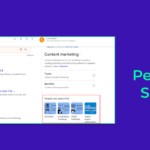Table Of Content
Have you wasted countless hours figuring out what’s going wrong with your website and still got no results? Are you looking for that one game-changing factor to rank higher on the search engine?
Or, you might be new to this SEO landscape and want to explore the secret to ranking higher.
We heard you!
No matter what stage you’re currently in, domain authority can be a deciding factor for you. Whether an SEO nerd or a newbie, you can afford to overlook the significance of domain authority.
Domain authority is pivotal for ranking higher in search engine result pages. Most people have a surface-level idea about domain authority.
So we have decided to educate you with accurate information. In this article, we will explore the essentials of domain authority. And we will also unfold three secrets to help you understand how to build domain authority.
Without much delay, let’s get started!
What is Domain Authority?
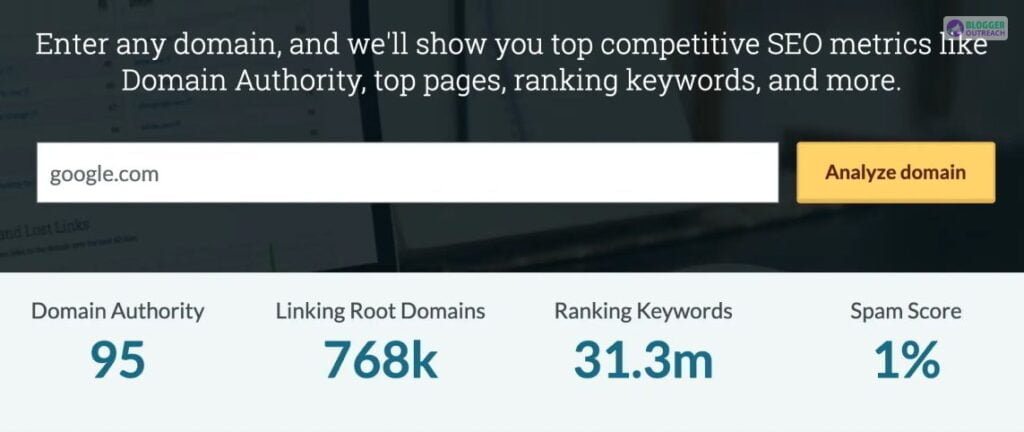
Domain authority is a metric that tells you how likely your website will rank on the search result page. SEO software provider MOZ is the inventor of Domain authority.
Domain authority is symbolized as DA, quantified on a scale of 1-100.
Undoubtedly, domain authority is a quality metric for your website’s success. But you also need to understand that domain authority is a predictive metric and is not used by Google for deciding rankings. Google is the sole authority for deciding any page’s success on the result page.
Many people need to understand domain authority with page authority. It would be best if you refrained from doing the same. In simple words, Domain Authority (DA) emphasizes the entire website or the domain. In comparison, Page Authority (PA) focuses on the individual page.
What Is a Good Domain Authority Score?
If you’ve used any SEO tool, you might have seen DA-50, DA-70, and stuff like that. Domain authority ranges from 0-100 and indicates good, bad, and average scores.
Here are the different score intervals related to domain authority:
As you already understand that domain scores are the likelihood to rank higher. But you also need to understand that domain authority is a relative factor, and there is nothing like absolutely good or nothing bad.
Here’s How Domain Authority Is Calculated?
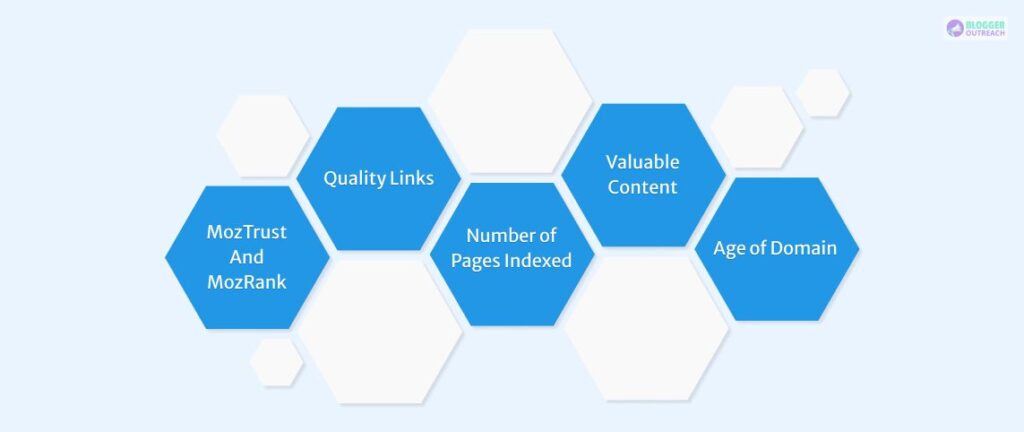
Domain Authority consists of various factors, with higher scores indicating better ranking potential.
The Domain Authority involves the analysis of multiple factors, including:
(i) MozTrust And MozRank: These scores measure the quality and quantity of links pointing to a website. MozTrust measures the trustworthiness of a website, while MozRank measures the number of links pointing to a website. The higher the MozTrust and MozRank, the higher the Domain Authority.
(ii) Quality Links: A robust link profile is directly proportional to an authoritative website’s recommendation.
(iii) Number Of Pages Indexed: Search engines index webpages and use them to determine the relevance of a website. The more indexed pages, the better the chances of the website appearing in SERPs.
(iv) Valuable Content: Quality content is essential for improving ranking potential.
(v) Age Of Domain: Older domains tend to have more authority than newer ones. This is because they have had more time to build trust and links, which are important factors for ranking potential.
You May Like To Read This: The Ultimate Guide To Make A WordPress Website In 2023
How To Build Domain Authority? Check Out These 3 Steps
Building domain authority takes time, effort, and strategy, but it can be done. Here are the 3 most important hacks to help you get started on building domain authority for your website.
1. Content Is King

Content is the stepping stone to getting a higher domain authority score.
(i) Valuable Content: Quality content is the foundation of any successful website. It should be informative and entertaining and have a clear purpose. This means you should avoid keyword stuffing and other SEO tricks that could compromise the quality of your content.
(ii) Use Relevant Keywords: Keywords help search engine bots understand the topic of your content. Research relevant keywords and use them naturally within your content.
(iii) SEO-Optimized Content: SEO optimization involves optimizing your content for search engine visibility. This includes adding meta tags, creating a well-structured URL, and using relevant keywords.
(iv) Linkable Resources: Linking to other websites will help you rank higher on SERP rankings. However, make sure to link to reputable sources.
(v) Promote Your Content: Promoting your content on social media and other channels can help increase its visibility and attract more visitors.
(vi) Track Your Performance: Monitor your domain authority to know where you’re lacking. If there is room for improvement, improve it and leverage your content for higher domain authority.
2. On-Page Optimization
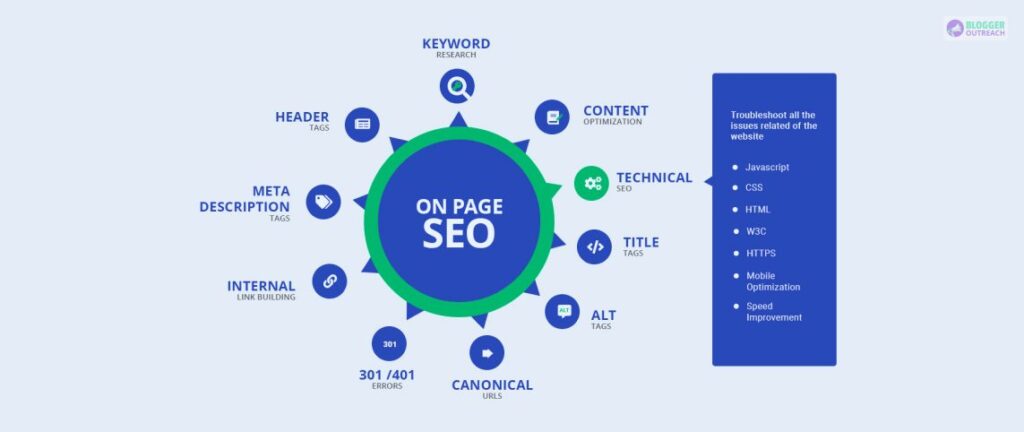
On-page SEO optimization is highly impactful for improving your domain authority score. This is because on-page SEO efforts consider the internal factors within your page.
(i) Improve Your Site Architecture: Prioritize optimizing your internal linking structure for better navigation and crawlability.
(ii) Optimize Your Titles And Meta Descriptions: Optimize your Titles and Meta descriptions with relevant keywords that accurately describe the content of each page.
(iii) Optimize Your URL Structure: Ensure that your URL structure is SEO friendly and contains targeted keywords.
(iv) Implement Structured Data: Structured data can help improve how search engine crawlers understand your content.
(v) Optimize Your Site For Mobile: Optimize your site for mobile users to ensure seamless accessibility from the comfort of any device.
(vi) Use Internal Links: Link related content together to help guide users to important information and help with your overall site architecture.
(vii) Utilize Social Media: Social media platforms can increase your reach and help with your overall domain authority.
(viii) Leverage External Links: External links are a great way to increase your domain authority, as long as they are from reputable sources.
(ix) Create Quality Content: As mentioned earlier, Create valuable, informative, and keyword-rich content.
(x) Monitor Your Progress: Keep track of your domain authority and measure the effectiveness of your optimization efforts.
3. Off-Page Optimization
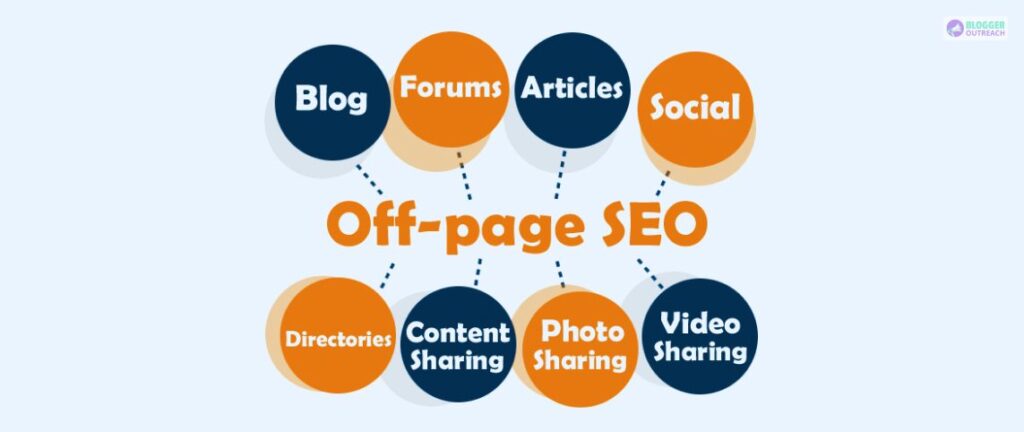
Off-page optimization is optimizing websites to increase their visibility and authority in search engine results. This heavily depends on creating backlinks from other websites and social media sites. Getting more backlinks is directly proportional to higher domain authority.
(i) Guest Posting: It involves writing relevant posts on other websites and providing an inbound link to your website in the post. Google recognizes quality content and good backlinks and acts as trust signals in improving your domain authority.
(ii) Social Media Engagement: Increase awareness about your website by leveraging social media. Engaging with other users can create relationships and generate interest in your website. This will help you to create backlinks and improve your domain authority.
(iii) Directory Submissions: You can submit your website to online directories to create backlinks. Many directories are free to use and will help to improve your domain authority.
(iv) Blog Commenting: Blog commenting is another way to create backlinks to your website. You can comment on relevant blogs and websites with your website link. This will help generate interest in your website and build backlinks.
(v) Forum Participation: Participating in forums related to your niche is a great way to increase your domain authority. You can answer questions and provide helpful advice to users.
Final Takeaway!
As you see above, domain authority is a measure of a website’s overall trustworthiness and relevance. It is important for website owners to understand domain authority and to utilize techniques that can help improve their domain authority.
Three key techniques to increase domain authority are to create high quality content, optimize on-page SEO, and build backlinks. By employing these strategies and continually improving their websites, website owners can maximize their domain authority and improve their ranking in search engine results.
Domain authority is an important factor for website success and should be taken into consideration by all website owners.
If you have any questions to ask, feel free to reach out.
Read Also:


